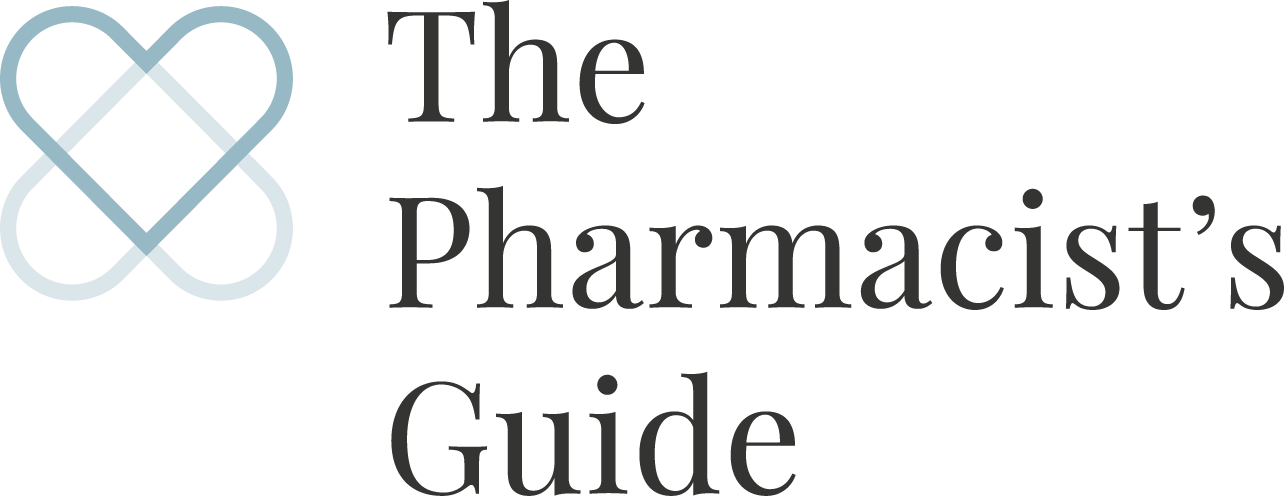WHAT IS AN ORPHAN DRUG?
An orphan drug is one that would be difficult for a company to develop into a profitable product because the cost of the development phase would exceed the predicted market sales.
The Orphan Drug Act of 1983 was put in place to encourage sponsors/pharmaceutical companies to develop these drugs by incentivizing them. Incentives include tax credits for clinical trial costs and eligibility for 7 years. Orphan drugs are also given priority in the drug approval process.
Orphan drugs are defined as ones intended for the safe and effective treatment, or diagnosis or prevention of a rare disease that affects less than 200,000 people in the U.S. Examples of these rare diseases include Huntington's disease, ALS (Lou Gehrig's disease), and muscular dystrophy. In some cases, orphan drug status is given to a product that is useful in more persons if there is no reasonable expectation that cost of development will be recovered from drug sales.
It is is important to move these drugs through the approval pipeline as many of the diseases they are for don't have a lot of treatment options available.
Back in June of 2017, the FDA announced a strategic plan to eliminate the backlog of about 200 orphan drugs and to respond to all new requests within 90 days of receipt. As you can see in the graph below, the amount of designation requests has significantly impressed over the last few years.
As of August 28th, the FDA had eliminated the backlog of request by putting into place more efficient policies and reorganizing staff. There is still a lot of work to be done in the regulatory process, but it looks like the FDA is taking great steps to improve their process and make sure these life-saving medications are available in a timely manner.
#whatisanorphandrug #orphandrug #pharmacist #pharmacistsguide #healthblogger #pharmacystudent #pharmacyschool #pharmacylife #pharmd


